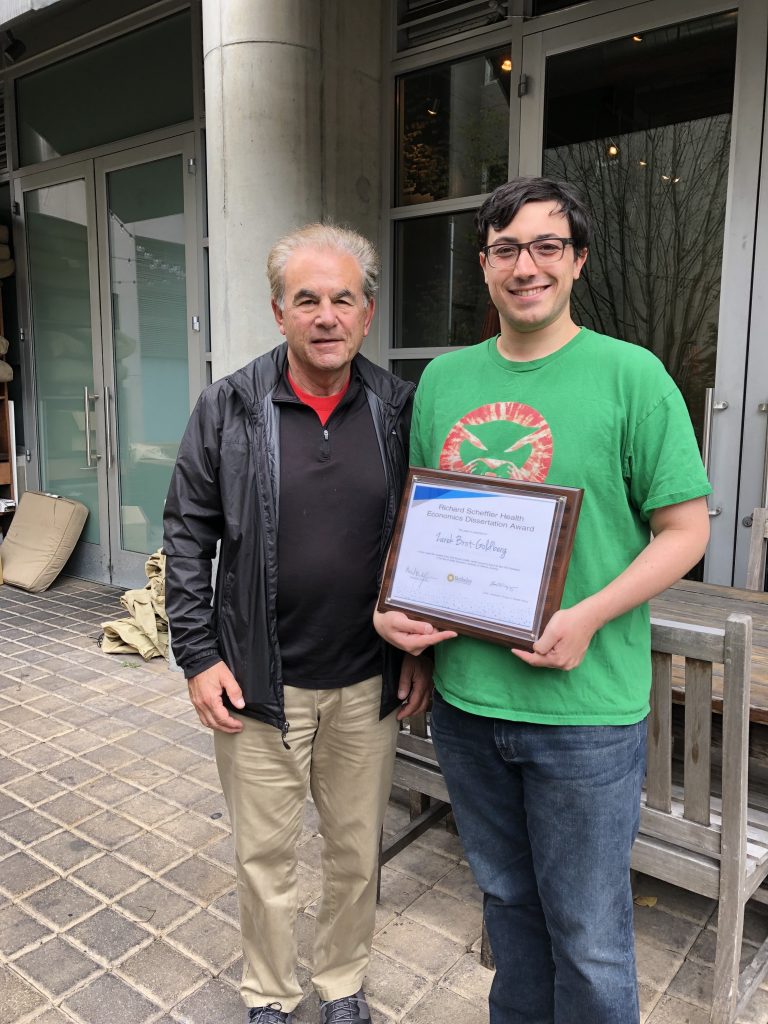An article published in the New York Times on May 9, 2019 cited a recent RAND study that found a glaring discrepancy between the cost of care for Medicare and private health insurance groups. On average, private insurance payed 2.4 times more than the federal program for the same hospital services. Given that nearly a third of healthcare spending can be attributed to hospital care, it stands to reason that aiming to reduce the cost of private care to at least the Medicare level is a compelling vision. Politically speaking, this finding brings merit to the Medicare-for-All vision for the future, notably touted by Senator Bernie Sanders.
Further, Dr. Scheffler was quoted in the article, commenting that “market forces are clearly not working,” identifying the hospital consolidation as a factor contributing to the divergence between public and private insurer hospital prices. Given the rapid consolidation of hospitals and physician groups, nationally and in California specifically, it remains apparent that antitrust enforcement has faltered. Moreover, it is largely agreed upon by health economists that consolidation contributes to higher insurance premiums and hospital prices, with little gains in efficiency or quality of care.
While these findings point to a larger inequity in price distribution and a lack of transparency for consumers, it is relevant that hospitals often note that Medicare payments are enough for the hospitals to keep their doors open. Thus, the extra costs for private insurance are not frivolous as they are necessary to pay the bills and keep doctors employed. Ultimately, this points to a larger picture of a nationally broken hospital system, illuminating the need for large-scale change in the near future.
To read the full article, click here.









